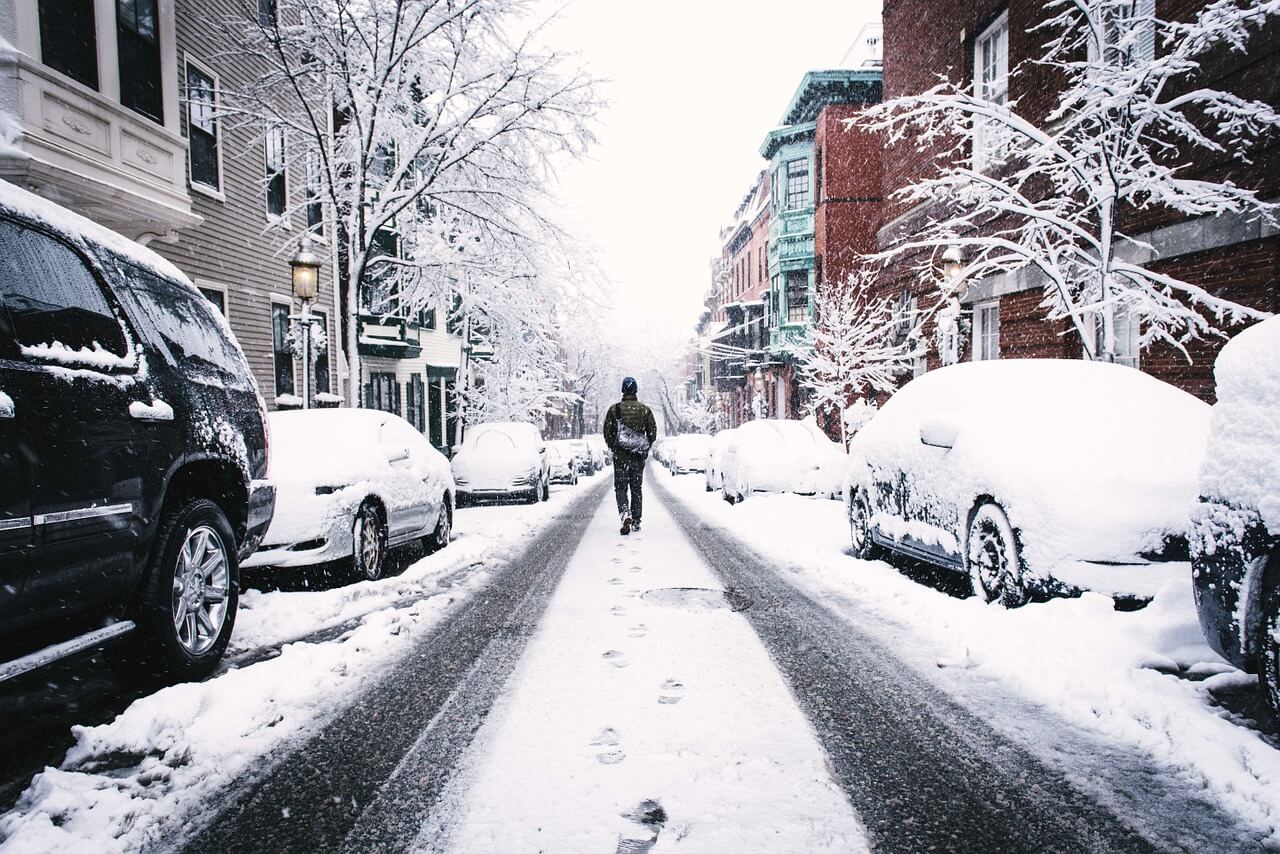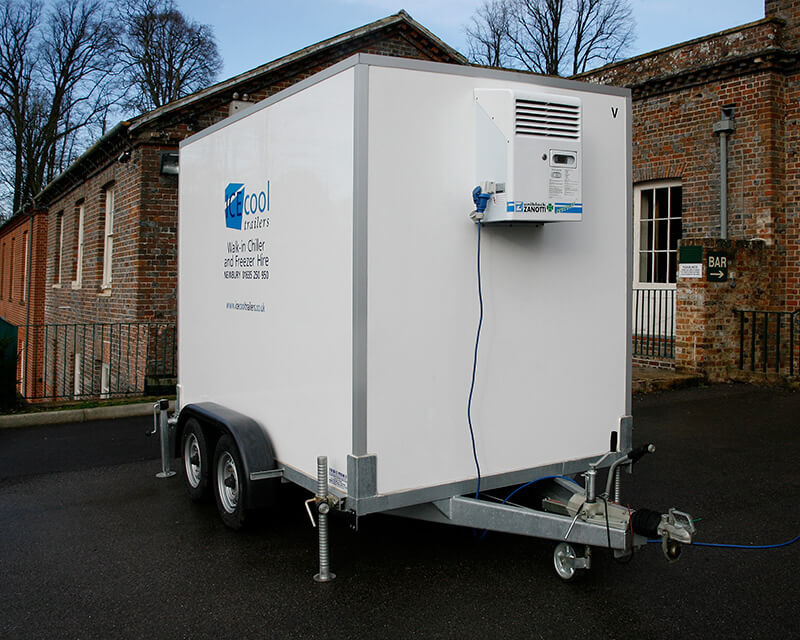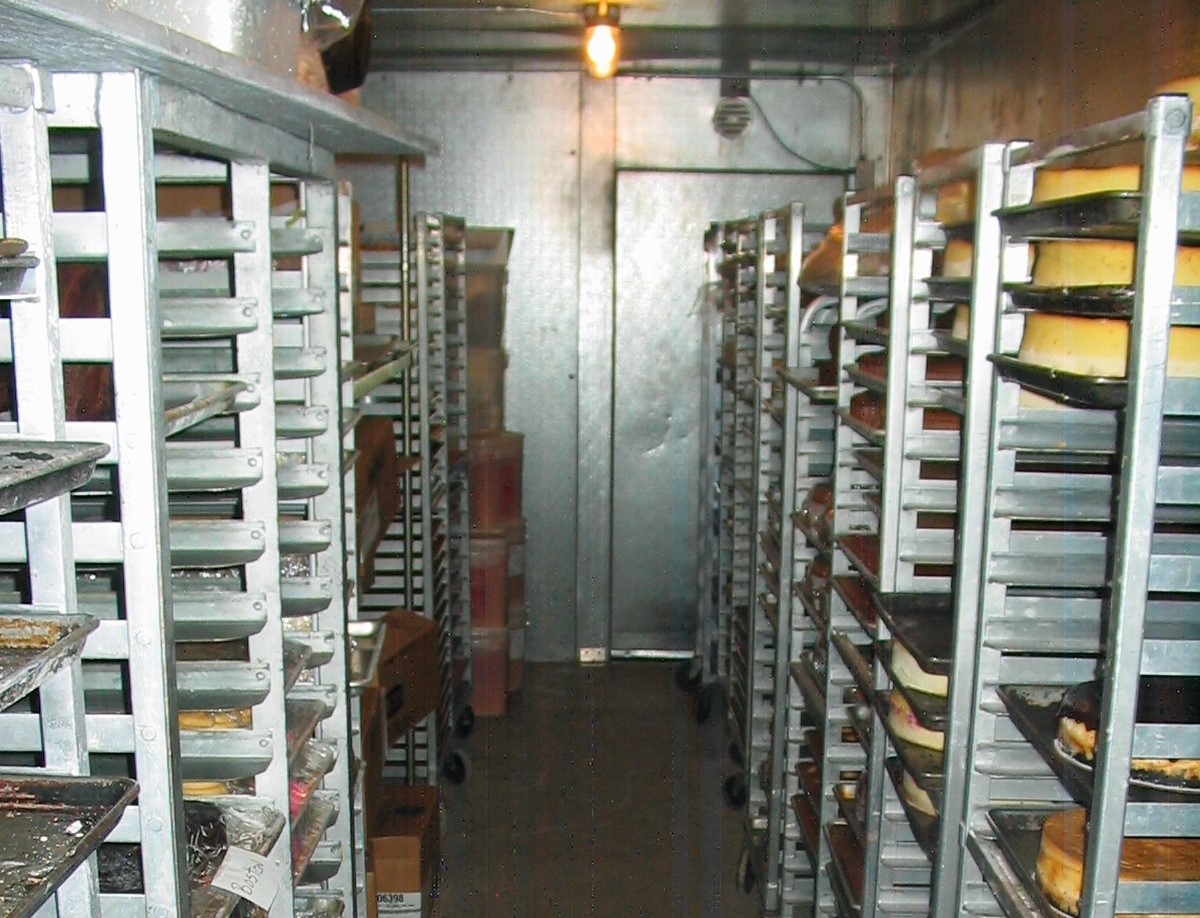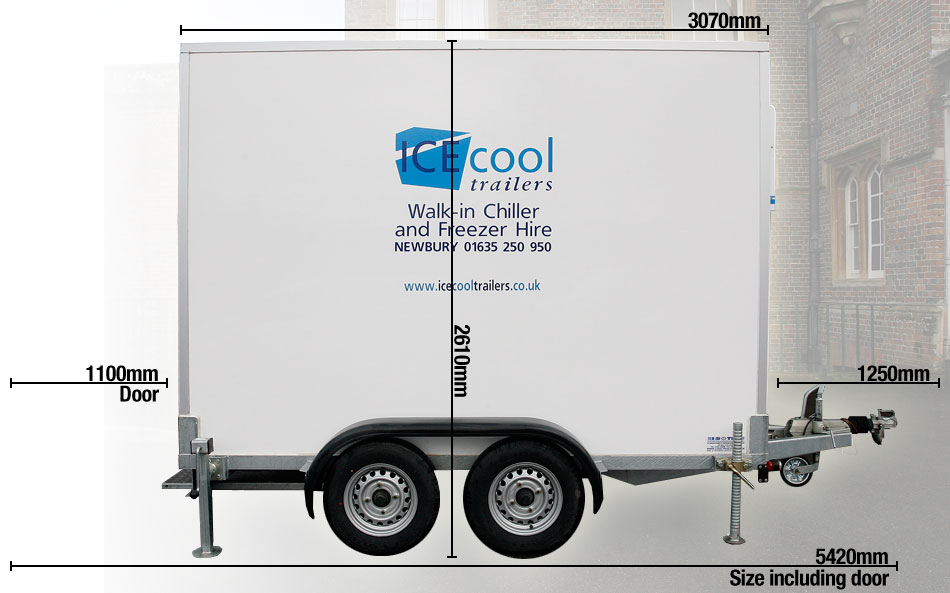Why External Refrigeration Can Fail in Cold Temperatures

You'd think that cold weather would be a walk in the park for external refrigeration units, right? After all, they're designed to keep things cold. But here's the thing - freezing temperatures can actually cause a whole host of problems for your outdoor chillers and freezers. It might sound counterintuitive, but it's true. Let's have a look at why your external refrigeration might struggle when the mercury drops.
How Cold Temperatures Impact External Refrigeration
It's not just about things getting a bit chilly. Extreme cold can seriously mess with the inner workings of your refrigeration units.
Freezing of Refrigerant Lines
One of the main issues is the refrigerant itself. In very cold conditions, the refrigerant lines can freeze up. When this happens, the refrigerant can't flow properly, which means the unit can't cool effectively. It's a bit like a blocked artery in the system.
Compressor Malfunctions
The compressor is the heart of your refrigeration unit. It's responsible for circulating the refrigerant. However, in freezing temperatures, the oil in the compressor can thicken, making it harder for the compressor to start and run efficiently. This can lead to overheating and, eventually, failure.
Thermostat and Sensor Issues
Modern refrigeration units rely on thermostats and sensors to regulate the temperature. But when it's freezing outside, these components can struggle to get accurate readings. They might think it's colder than it actually is inside the unit, causing the system to work harder than necessary or not at all.
Increased Wear and Tear
Cold weather can be tough on the mechanical parts of your refrigeration unit. The constant expansion and contraction caused by temperature fluctuations can lead to increased wear and tear on components like seals, gaskets, and even the metal housing. This can result in leaks, reduced efficiency, and a shorter lifespan for your unit.
Preventing Outdoor Refrigeration Failures in Cold Weather

So, what can you do to protect your external refrigeration when the weather turns frosty? Thankfully, there are some practical steps you can take.
Choose the Right Unit
Not all refrigeration units are created equal. Some are specifically designed to operate in colder climates. These models often have features like insulated cabinets, heated components, and more robust compressors. If you're in an area that regularly experiences freezing temperatures, it's worth investing in a unit that's built for the job. If you are considering purchasing a unit, you might also want to think about a cold room rental in the UK before making a decision.
Regular Maintenance
This one's a no-brainer, but it's easy to overlook. Regular maintenance is vital for keeping your refrigeration unit in good working order, especially in challenging conditions. This includes things like cleaning the coils, checking for leaks, and ensuring that all the components are functioning correctly.
Use Temperature-Control Accessories
There are various accessories available that can help protect your refrigeration unit in cold weather. Things like crankcase heaters, which keep the compressor oil warm, and wind baffles, which shield the unit from icy gusts, can make a big difference.
Monitor and Adjust Settings
Keep a close eye on your refrigeration unit's performance during cold spells. You might need to adjust the settings to compensate for the lower ambient temperature. It's a bit of a balancing act, but getting it right can help prevent problems.
Tips for Businesses Operating in Cold Climates
If your business operates in a region with harsh winters, you need to be extra vigilant when it comes to your refrigeration.
Protect Your Refrigeration Units
Think about where your units are located. Are they exposed to the elements? If so, consider adding some form of shelter, like an awning or a purpose-built enclosure. This can help protect them from the worst of the weather.
Have Backup Solutions
Even with the best precautions, things can still go wrong. That's why it's wise to have a backup plan. This might involve having a spare unit on hand or arranging for emergency refrigeration rental if your primary system fails. We offer such options with our freezer and refrigerator trailers, and even walk-in cold rooms.
Final Thoughts
So, there you have it. While it might seem odd, cold temperatures can be a real headache for external refrigeration. But by understanding the challenges and taking proactive steps, you can keep your units running smoothly, even when it's freezing outside. Remember, a bit of preparation and the right equipment can make all the difference. Don't let the cold weather catch you out – protect your refrigeration and keep your business running without a hitch. If you are still not sure what to do, why not contact us today to explore your options for emergency refrigeration?



